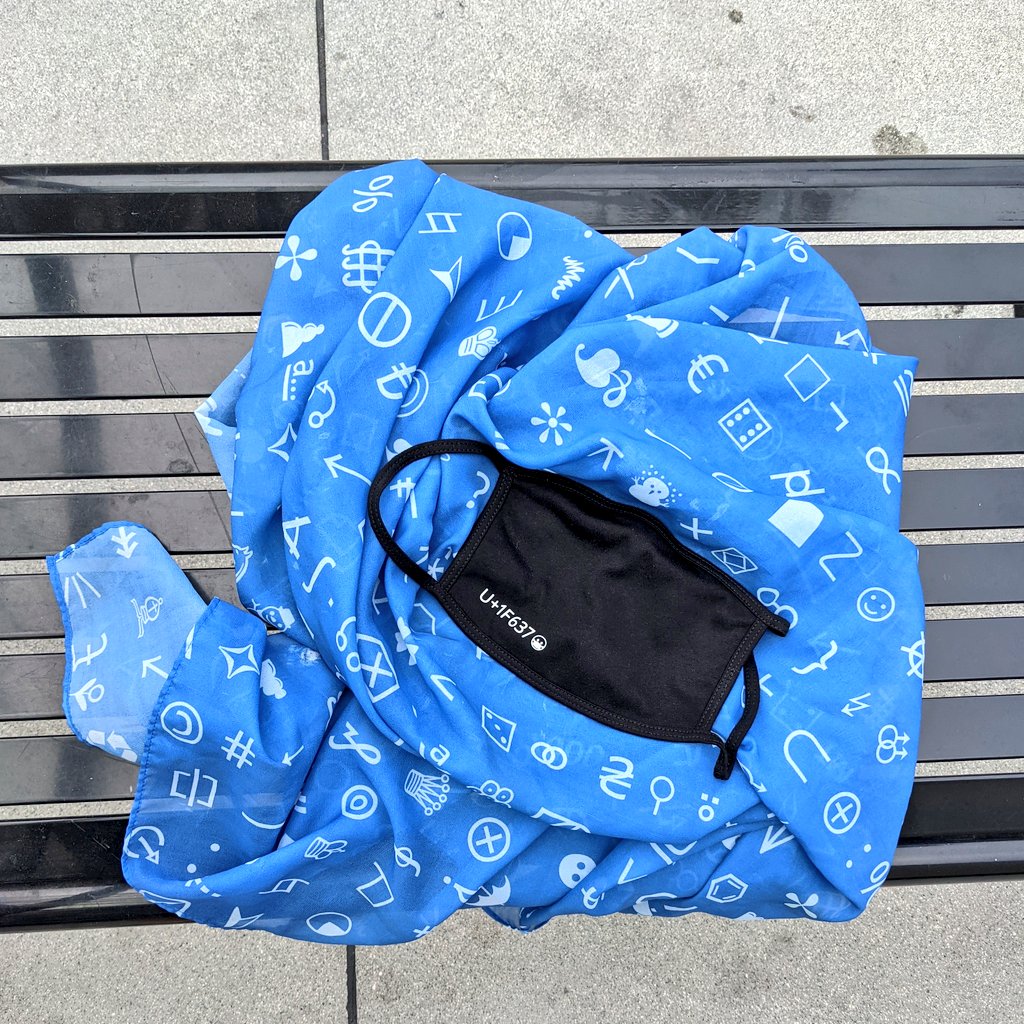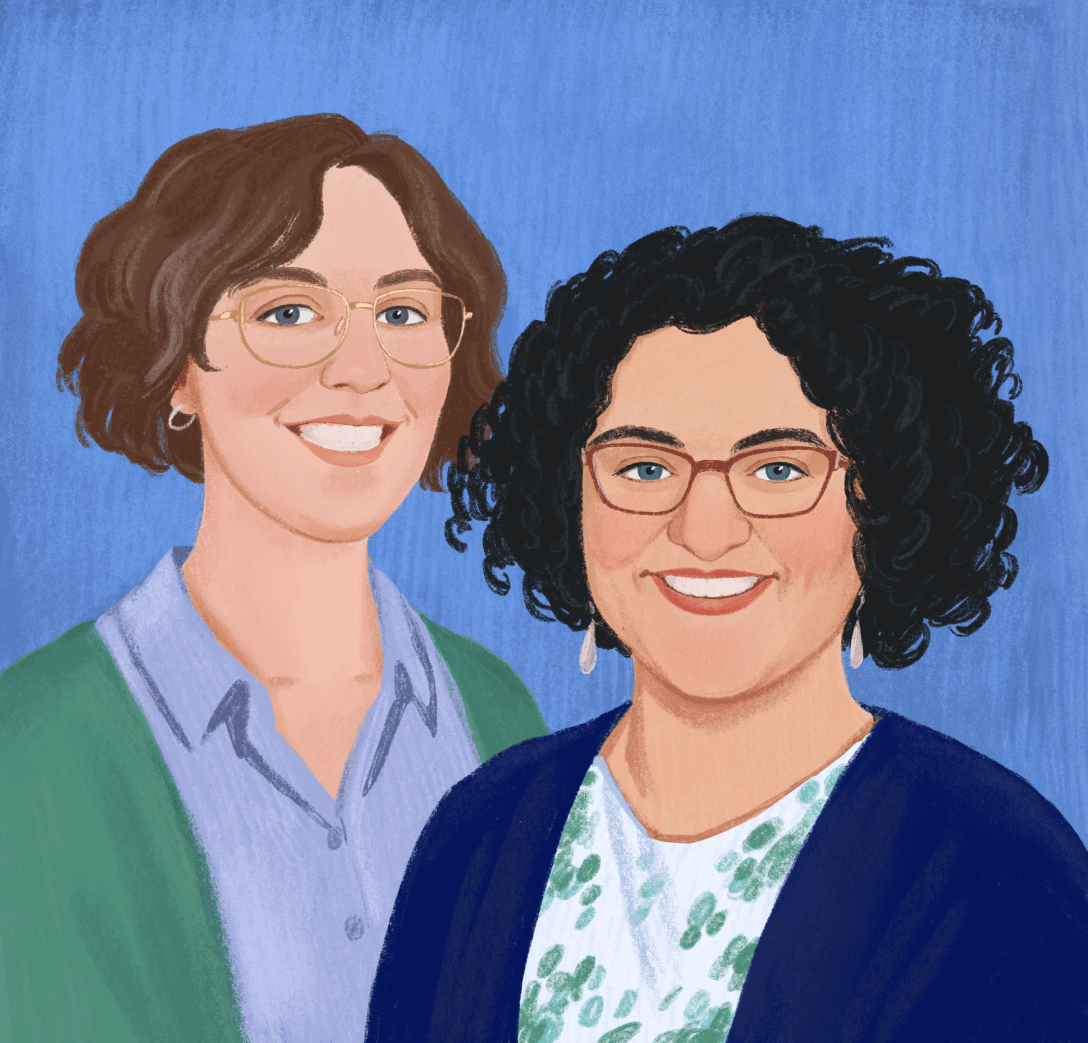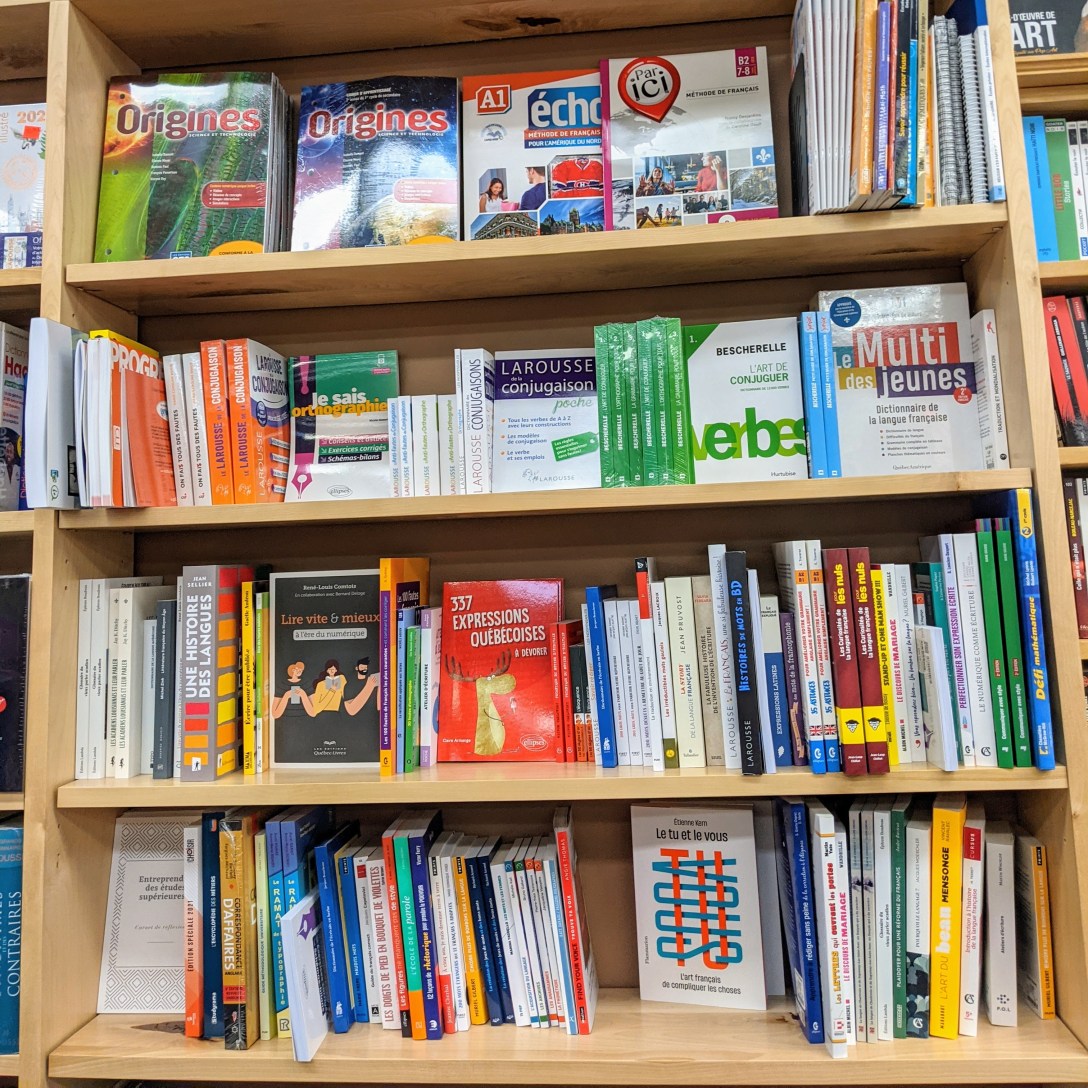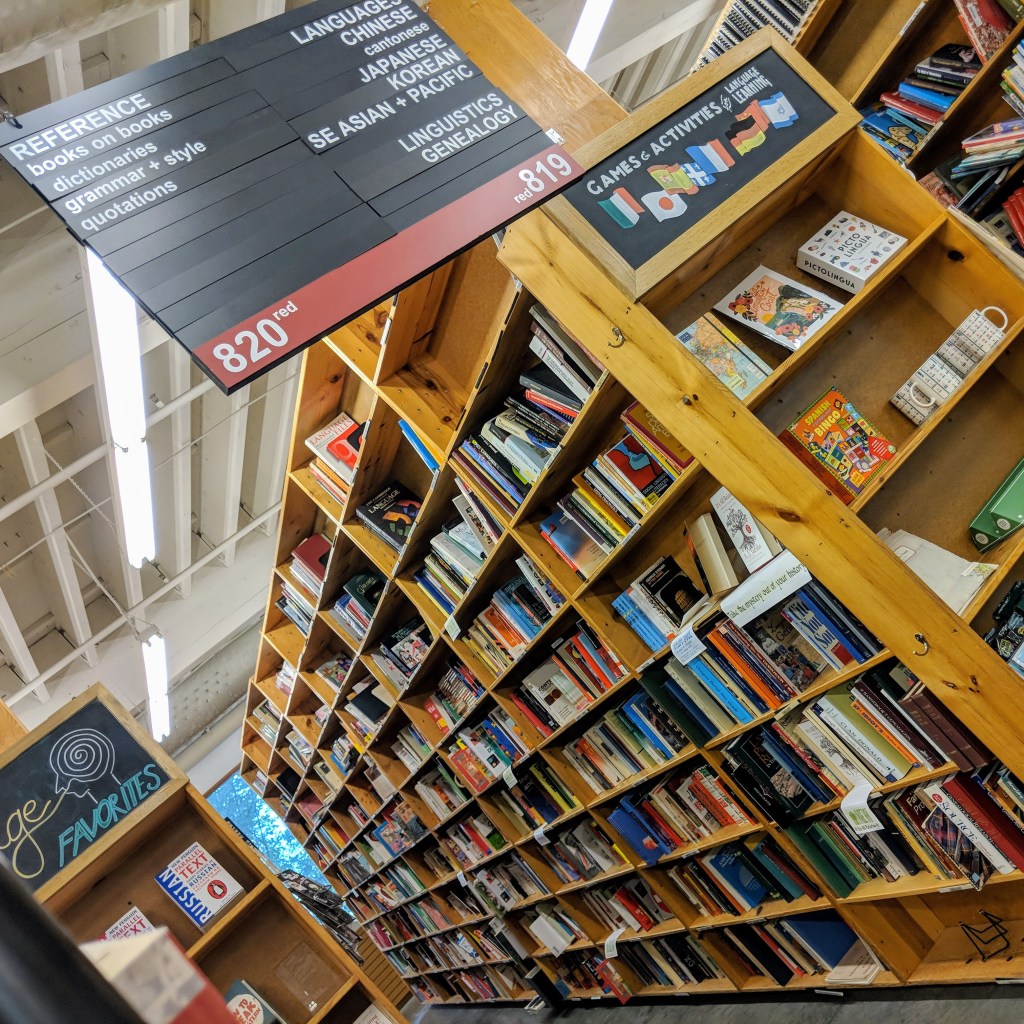This month, I wrote a piece for The Atlantic for the first time! It’s about when the connection between spelling and pronunciation breaks down.
You walk into your favorite coffee shop. You greet the familiar barista, who knows your daily order. You say “Hi, I’ll have the”—wait, I can’t figure out how to write the next word. You know, “the usual,” but shorter. Hip! Casual! I’ll have the … uzhe. I mean, the yoozh. The youj?!
Why does this shortened form of usual, which rolls off the tongue when it’s spoken, cause so much confusion when we try to write it down? When I offered my Twitter followers 32 different options for spelling the word, nobody was fully satisfied with any of them. Youge to rhyme with rouge? Yusz as if it’s Polish? Usjhe in a desperate hope that some letter, somewhere, would cue the appropriate sound? The only thing everyone could agree on was that all of them felt weird.
How Do You Spell the Short Version of “Usual”? (Gretchen McCulloch in The Atlantic)
I spent much of the month in New Zealand, also for the first time! I gave a talk about Using lingcomm to design meaningful stories about linguistics, co-authored with Lauren Gawne, at the New Zealand Linguistics Society annual meeting in Dunedin, then went to Christchurch to give a department talk (Data-driven approaches to lingcomm: A case study of internet linguistics) at the University of Canterbury, and then went to Wellington to visit a non-linguist friend and see some birds! It was really fun to get to meet lots of linguists and hear what people are working on!
Some of my ideas from Because Internet were featured in a Vox meme explainer, which was fun to see!
When people refer to “Gen Z humor” or “TikTok humor,” what they’re really talking about is the chaotic, meaningless-seeming mishmashes of various references that are impenetrable to anyone not chronically online. But that’s just an extension of what the Washington Post once dubbed “millennial humor,” which should actually be called “Gen X humor,” considering the ages of the first internet forum posters who realized that weird, meaningless references made for good comedy. Instead, in her book Because Internet: Understanding the New Rules of Language, the internet linguist Gretchen McCulloch has what I think is a far better way of categorizing internet users: She divides people according to when they truly “got online.”
Toward a unified theory of “millennial cringe” (Rebecca Jennings in Vox)
The main episode of Lingthusiasm was Love and fury at the linguistics of emotions. The bonus episode was Speakest Thou Ye Olde English? We also got some, ahem, entertaining end-of-year stats from Spotify.
Finally, look, I can’t take a whole lot of credit for these two excellent things existing, but I am very pleased to have played a role in connecting the two.
Selected tweets:
- Glottal on a Bottle
- apocolocyntosis, the action of turning someone into a pumpkin, pumpkinification
- Because Internet: a great passive-aggressive gift for your relative or child’s English teacher who spends their time vociferously complaining about Kids These Days And Their Texting And The Decline Of Everything and you would like them to Stop Please
- Antipodean linguistic milestone
- Kanga Bangers
Blog
This month’s image is one of the many examples of Māori language I saw on public signage, beginning with a user interface option on Air New Zealand in-flight displays.


















You must be logged in to post a comment.